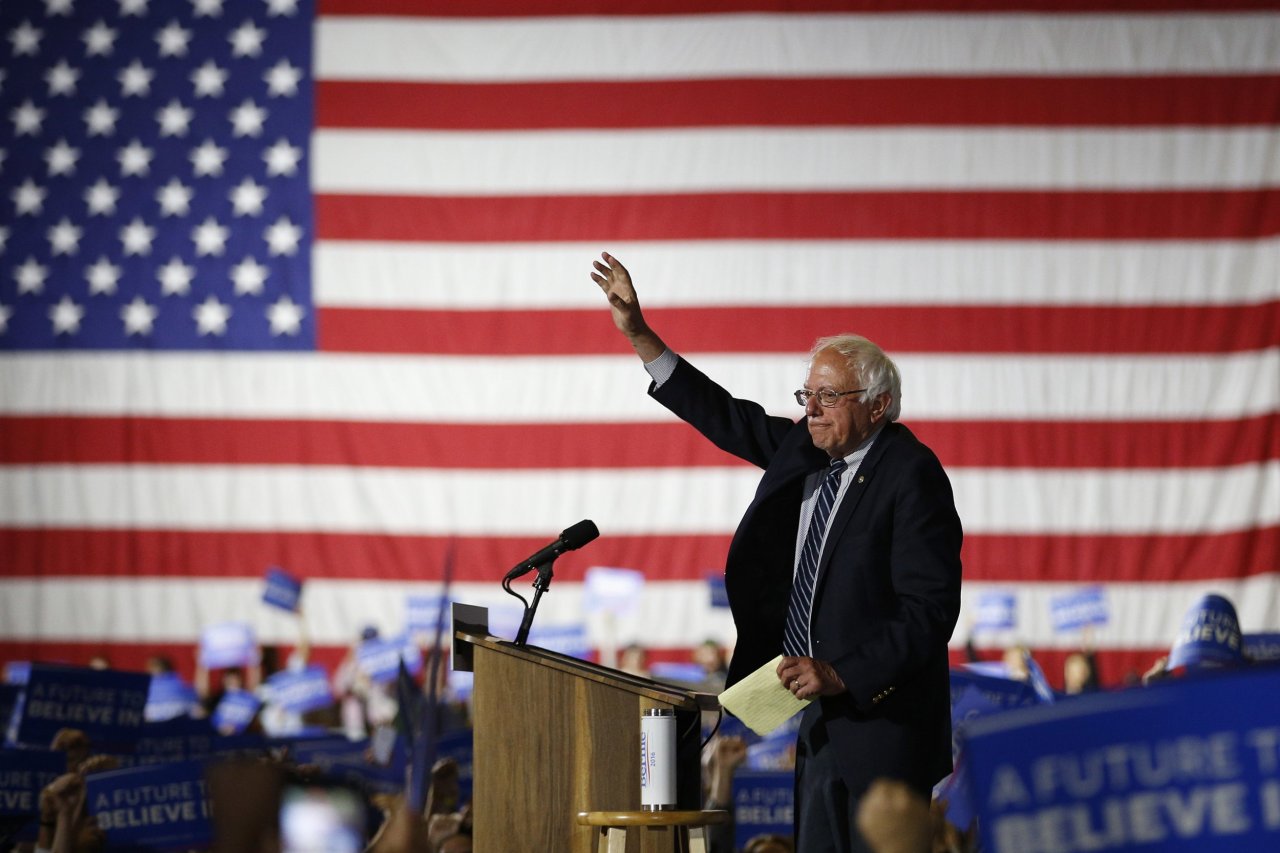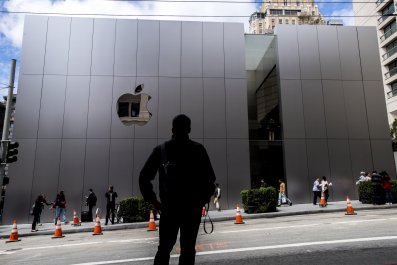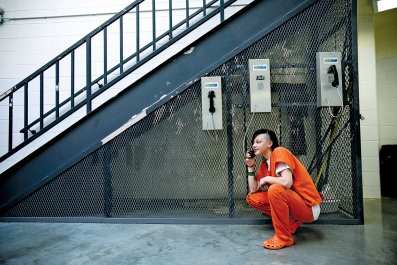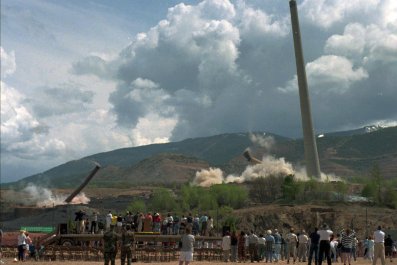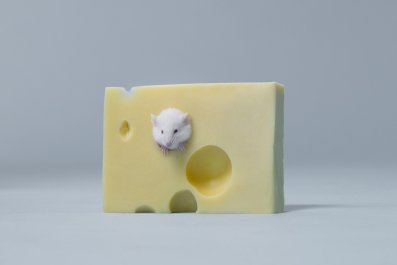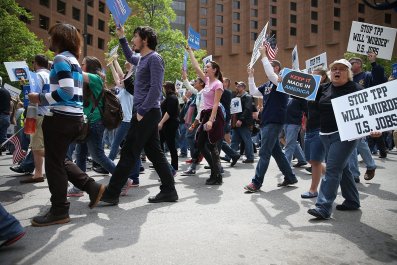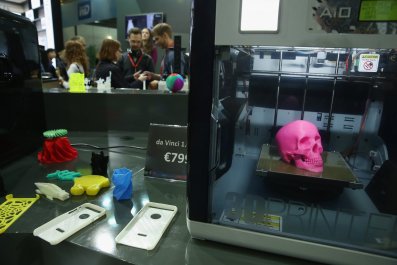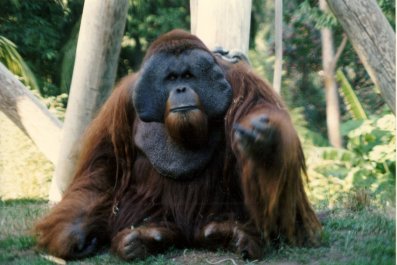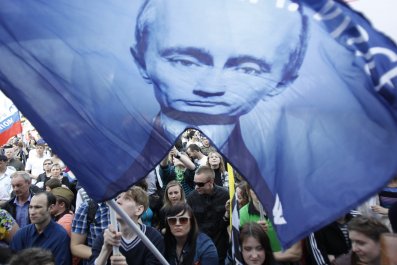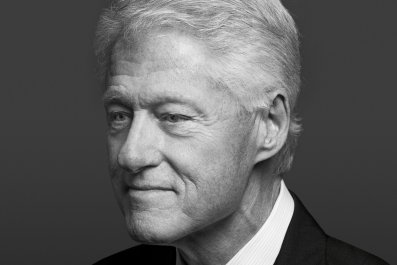The sun was setting over the Anacostia River in Washington, D.C., as Bernie Sanders wrapped up a rambling stem-winder before hundreds of die-hard supporters on June 9. The crowd was young and ethnically diverse, with a few gray heads sprinkled in, much like the coalition of voters that fueled his unlikely rise from Senate gadfly to liberal juggernaut in this year's Democratic primaries. The 74-year-old urged the crowd to turn out and vote in D.C.'s June 14 primary—the final contest of 2016 — saying an upset win for his campaign would show that his supporters "are ready to lead this country into a political revolution!"
There was no mention of Hillary Clinton, who earlier in the week had been declared the party's presumptive nominee, ending an unexpectedly close race against Sanders. There wasn't even a repeat of his frequent pronouncement that he planned to take the fight all the way to the Democratic National Convention in Philadelphia at the end of July. But this also wasn't a concession speech—and leading Democrats seemed OK with Sanders's long, slow goodbye.
On a day when President Barack Obama, Vice President Joe Biden and Massachusetts Senator Elizabeth Warren all endorsed Clinton, no one in the party was publicly demanding that Sanders drop out. "I'm not pushing him to do anything," the Senate's top Democrat, Harry Reid, told reporters after the two met at the Capitol. While he declared the primary over, Reid also said that "Bernie is going to be good for the party, he's going to be good for the senators who are running." Following his meeting with Sanders, New York Senator Chuck Schumer, Reid's heir apparent as the Senate's Democratic leader, gushed that Sanders has "made our country a better place, he's made our party a better place."
There's a reason these top Democrats have been so effusive about Sanders and his presidential campaign, and it's not that they're all just one big, happy political family. It's because of people like Sahil Rahman, a 25-year-old entrepreneur who came to Sanders's D.C. rally to encourage him to continue fighting all the way to the convention. "I don't want Hillary and the DNC to just assume that we're going to come on board," he said, referring to the Democratic National Committee. "I probably will end up voting for her, but I want her to give me a reason to vote for her, aside from her not being named Donald Trump."
Rahman wants to see the Democrats embrace the party's progressive side, which he says is its future, and "give us a reason to get excited about the next four and eight years."
Sanders can play a big part in building that excitement, particularly among the millions of young voters he's drawn into politics with his campaign. Though he's made it clear in public and private that he understands how important it is to keep Trump out of the White House, he's yet to indicate he'll enthusiastically embrace Clinton.
"He lit up so many Democrats and even independents," Illinois Senator Dick Durbin, a close Obama ally, told Newsweek. That's given Sanders leverage over the way the party moves forward, he adds. "His followers are important to our success. I want to bring them in, I want to bring Bernie in."



